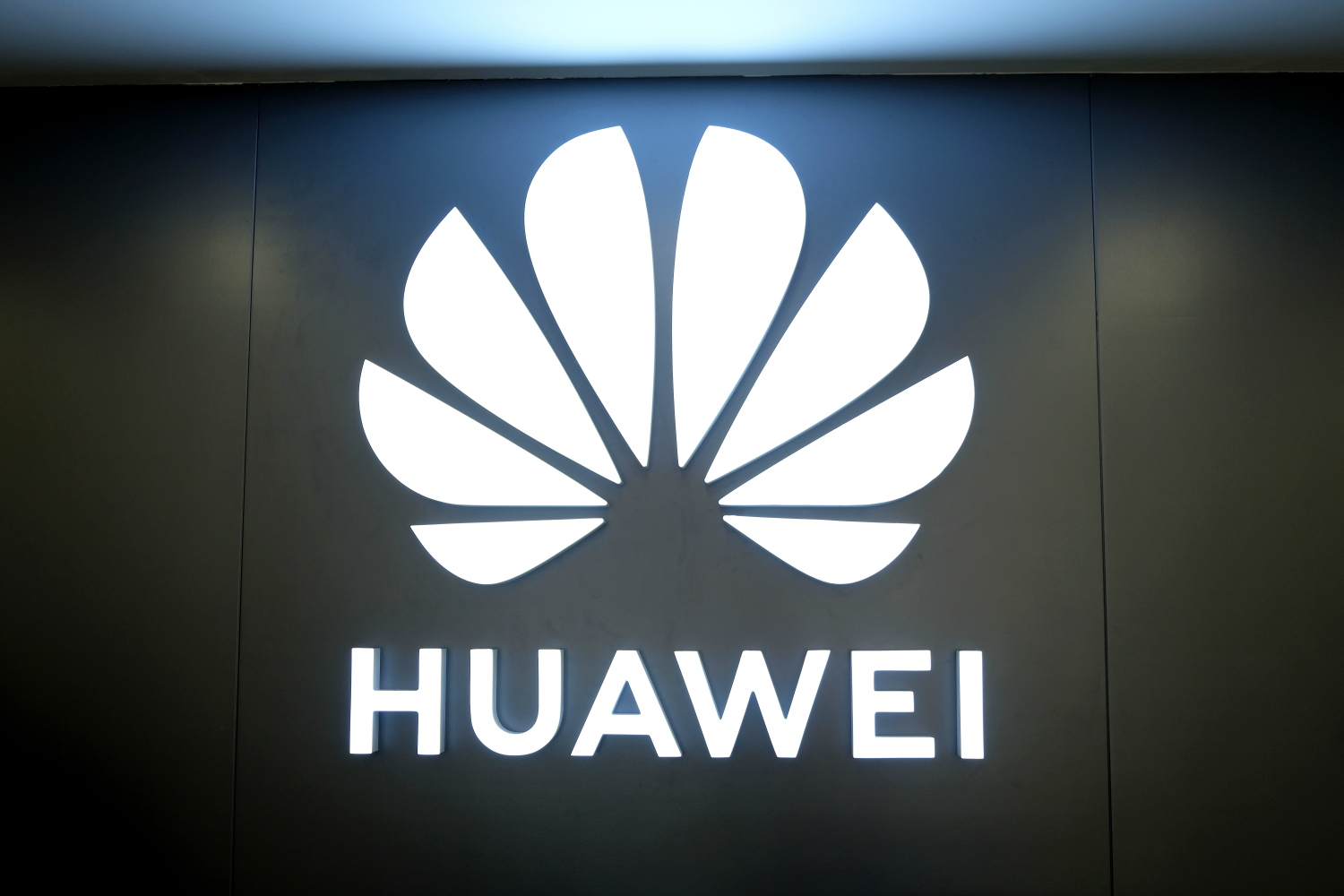Microsoft President Decries US Treatment of Huawei
Huawei found a new ally on Sunday. Microsoft's president and chief legal officer, Brad Smith, told Bloomberg Businessweek that he believes the U.S. government has treated the Chinese telecommunications juggernaut unfairly over the last few months.
A brief recap: the U.S. Department of Commerce blacklisted Huawei in May but gave American tech companies provisional licenses to continue selling to the company until August. There were still certain sales restrictions, however, that companies attempted to work around. Then, a program through which U.S. companies could apply to do business with Huawei reportedly stalled out in late August.
It's not surprising for U.S. companies to complain about restrictions on selling to Huawei. The company purchases many components from U.S. companies, and before it announced its HongMeng platform, it relied on the Windows and Android operating systems. Abruptly losing a major buyer like Huawei was bound to negatively affect the companies who supplied it.
Smith's problem goes beyond that. He told Bloomberg Businessweek: “To tell a tech company that it can sell products, but not buy an operating system or chips, is like telling a hotel company that it can open its doors, but not put beds in its hotel rooms or food in its restaurant. Either way, you put the survival of that company at risk.” He also criticized the government for apparently withholding information as to why Huawei's being treated as such.
Microsoft wasn't the first company to criticize the U.S. government's handling of Huawei.Intel questioned restrictions on what companies are allowed to sell Huawei as well. Other companies have reportedly lobbied U.S. lawmakers to undo the blacklisting.
Get Tom's Hardware's best news and in-depth reviews, straight to your inbox.

Nathaniel Mott is a freelance news and features writer for Tom's Hardware US, covering breaking news, security, and the silliest aspects of the tech industry.
-
boidsonly The folks that are against the trade war/tariffs are the same folks that were responsible for the 2007 crash. Added to that pile are the people that hate Trump so much they would rather see the nation continue to take a beating from the Red Chinese. Pathetic, really....Reply -
alextheblue Tell Huawei to stop putting backdoors in everything they build. Then, maybe in a few years, we'll give them another shot. As it stands we can't trust them in the slightest and they refuse to take responsibility.Reply -
BFG-9000 I find this hilarious because China banned Windows 8 back in 2014 because even they couldn't stomach all of the backdoor spyware in it, so Microsoft developed a China-only version of Windows 10 that remains the only version without data-collection and respects the privacy of its users. You know, like XP.Reply
And now Microsoft is panicking because China just threatened to ban Microsoft again, in retaliation for the US banning Huawei due to backdoors. I'm sure the US would be happy to work with Huawei cooperatively to develop certified backdoor-free hardware in the United States, just as Microsoft worked with Chinese defense company CETC in China to develop a secure Windows 10. But note that Windows 8 was not sold in China again after the ban, so it may take a few years before Huawei hardware could be sold here again.
